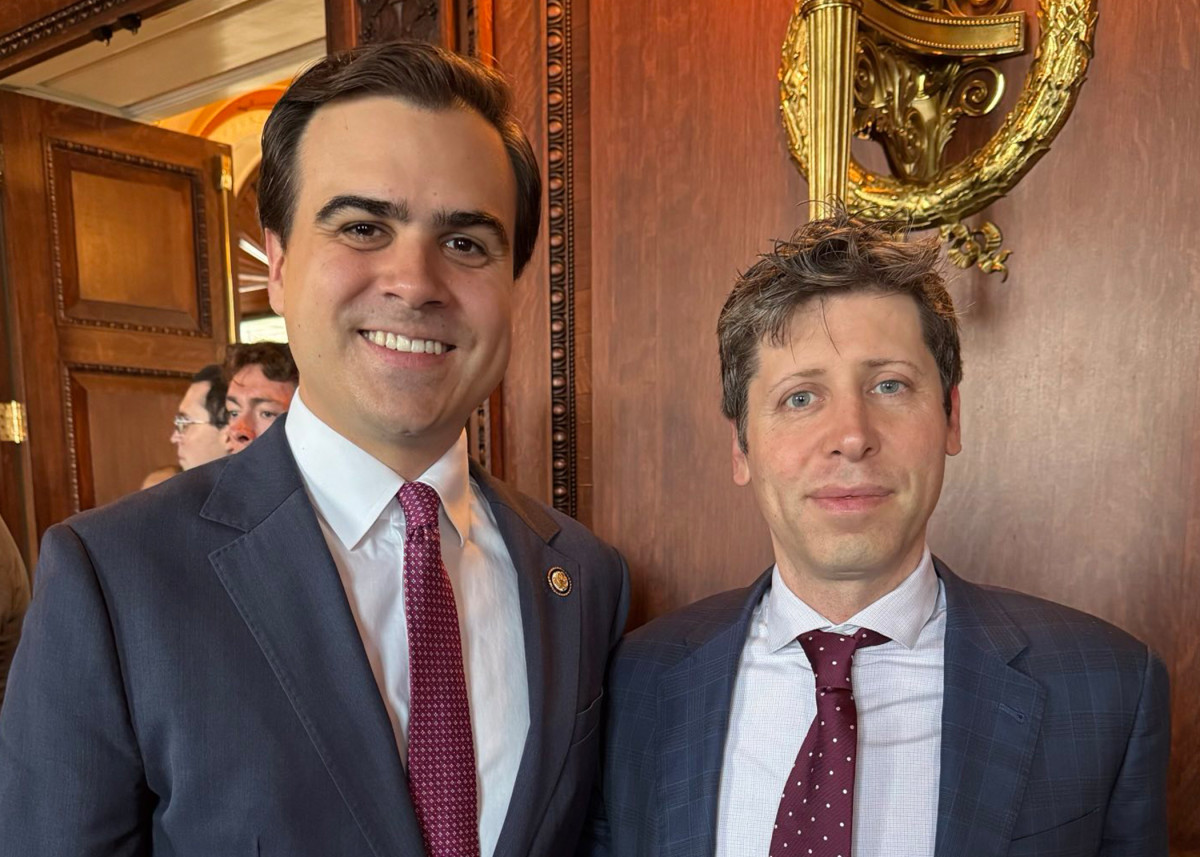Rep. Hernández meets with OpenAI CEO Sam Altman to discuss the impact of artificial intelligence on employment, energy, the arts, and healthcare

WASHINGTON, D.C.—Today, Resident Commissioner of Puerto Rico, Pablo José Hernández, joined approximately 20 fellow Members of Congress in a meeting with Sam Altman, CEO of OpenAI, the creator of ChatGPT, to discuss the challenges and opportunities presented by artificial intelligence (AI).
After the meeting, Hernández shared some reflections on the discussion and the impact AI will have on employment, energy, the arts, and healthcare, especially in Puerto Rico. The Resident Commissioner, who is scheduled to be the keynote speaker at the July 25th commemorative events in Mayagüez, indicated that he plans to address the topic of AI in his upcoming speech on the future of Puerto Rican autonomism, though it will not be his primary focus.
On employment:
"Puerto Rico cannot be a passive bystander in the technological revolution that is already transforming the world. AI will eliminate certain jobs, particularly in repetitive fields like customer service, but it will also create new professions we can’t even imagine yet—just as social media gave rise to influencers and digital content creators. Moreover, it’s already boosting productivity and making life easier for many small and mid-sized businesses."
On the energy industry:
“Artificial intelligence consumes enormous amounts of electricity and will, out of necessity, drive the development of new energy technologies—especially renewable sources like solar. This can be strategically integrated into the reconstruction of our electrical grid, potentially creating energy abundance that finally helps stabilize electricity costs in Puerto Rico”
On arts and culture:
“As a Puerto Rican, I voiced concerns about our artistic community. How will our musicians, writers, and creators compete if a machine can imitate their style and produce nearly identical art more cheaply and accessibly? We discussed the need to protect the compensation and value of the human experience behind art. When people are asked to choose between an AI-generated work and a human-made one, many unknowingly prefer the machine’s version. But when they learn it’s artificial, they often change their minds and value human work more. Maybe that’s because art is not just about the final product, but also about the creator’s story, their life, their influences, their humanity. And perhaps that emotional dimension is what will keep human art alive in the age of AI.”
On healthcare:
“It’s projected that AI will accelerate medical breakthroughs that would normally take ten years down to just one. For people with so many chronic health conditions, this is not science fiction, it’s real hope.”
###